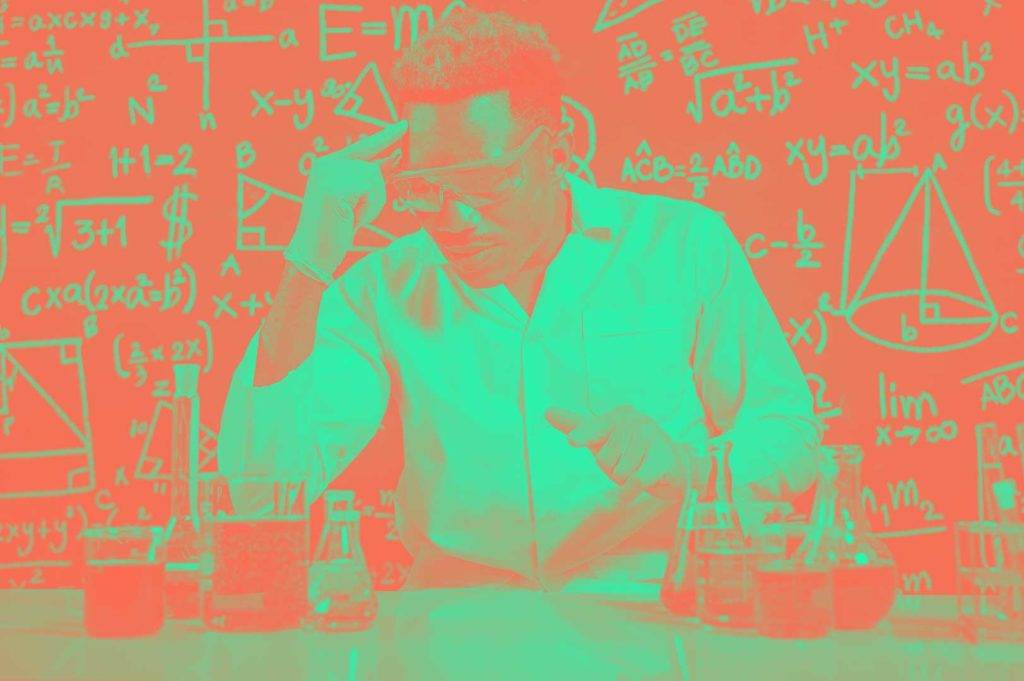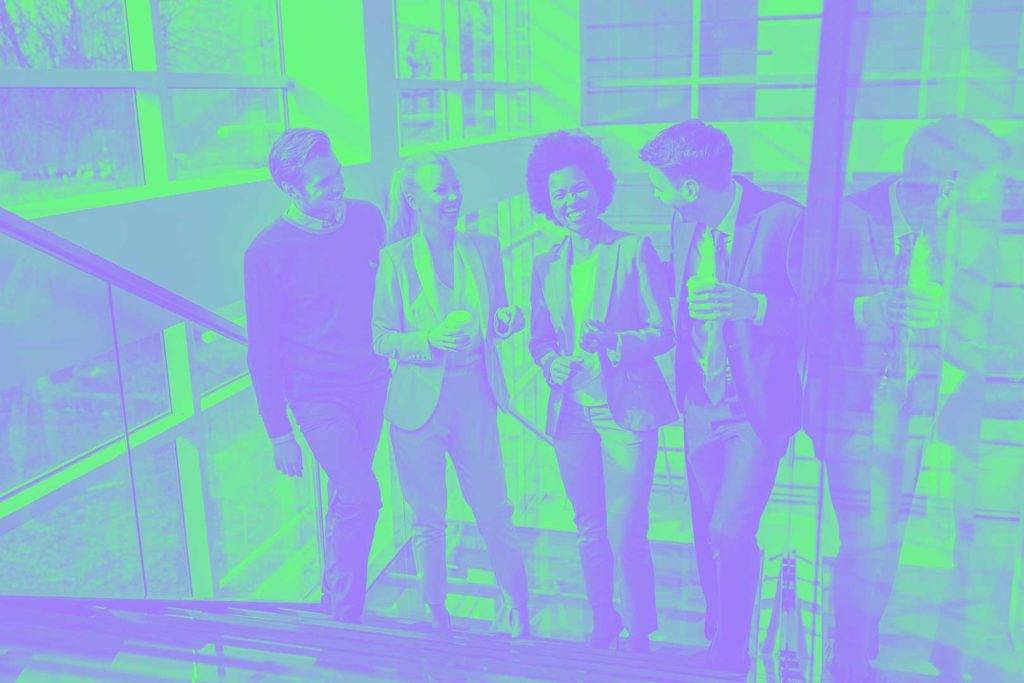Many of us have heard the phrase “knowledge is power” and it has been a guiding principle for many of us. But what does this phrase mean in terms of intelligence? Does having knowledge or an education make someone intelligent?
The answer, as you may have guessed, is no.
Intelligence and education are two separate things. Let’s take a closer look at why this is true and what the implications of this distinction are.
What Is Intelligence?
When we talk about intelligence, we’re talking about our capacity to learn, understand, and draw conclusions based on available information. It’s being able to think quickly, work through problems logically, and solve puzzles efficiently. Intelligence can be nurtured through experience and practice—without formal education—and can be used to great effect in any profession or area of life.
What Is Education?
Education involves learning facts and theories from books, lectures, classes, or other sources; memorizing them; and then applying them in various situations or contexts. Education is often provided by institutions such as schools or universities where students gain knowledge from qualified teachers who specialize in specific fields of study. While education certainly helps to develop intelligence over time, it is not a prerequisite for being intelligent.
The Fallacy of Credentialism
One common fallacy that many educated people fall victim to is credentialism—the belief that having credentials automatically makes one more knowledgeable than those without credentials. This belief can lead educated people to believe things that aren’t true because they are influenced by the beliefs of other educated people without challenging or testing those beliefs first. This false sense of security when relying on credentials instead of actual intelligence can lead to bad decisions that could have been avoided with more critical thinking skills.
For example, models created in theoretical environments don’t always mirror real-world outcomes because slight changes can cause exponential results that weren’t anticipated by the modeler’s assumptions. If educators don’t challenge these assumptions before passing them on to their students then those students might find themselves believing something that isn’t actually true due its perceived validity from a credentialed source like a professor or textbook author even if the evidence doesn’t support it in the real world.
Experience is Greater than Credentials
While having education and credentials can certainly give one an advantage, intelligence that is developed outside of the classroom and through real-world experience is far more valuable. Experiences shape our understanding of the world around us and help us to think critically in ways that textbooks or lectures never could. We learn by doing; by testing our assumptions and challenging ourselves to get out of our comfort zone.
This isn’t to say that education isn’t important—it absolutely is! But relying solely on credentials can be dangerous because it takes away from personal experiences that are arguably more influential than what we’ve been taught. Intelligence comes from within, not something bestowed upon us externally.
At the end of the day, it’s important to remember that knowledge and intelligence are two separate things, and that real-world experience is the best teacher of all. So be sure to seek out experiences outside of your comfort zone in order to develop a well-rounded understanding of the world around you. With that said, it’s always beneficial to gain an education, but don’t let it be a crutch for falling back on when attempting to solve complex problems or understand complex concepts. Intelligence is something that must come from within. It can be nurtured by education, but its true power lies in our willingness to think critically and challenge ourselves—without letting credentials get in the way.
It’s important to remember that just because someone has an education doesn’t mean they are intelligent.
Likewise, just because someone lacks formal education doesn’t mean they lack intelligence either.
To truly understand how intelligent someone is requires looking beyond their educational background and focusing on their ability to think critically and problem solve using available resources and information. Those who understand this distinction will be better equipped to make wise decisions based on their own understanding rather than blindly following advice from others simply because it comes from a “credentialed source.”
Using your own intelligence will help you determine whether or not something you hear should be taken as truth – regardless of its origin – thus giving you an edge over those who rely solely on secondhand information from others with “credentials.”




